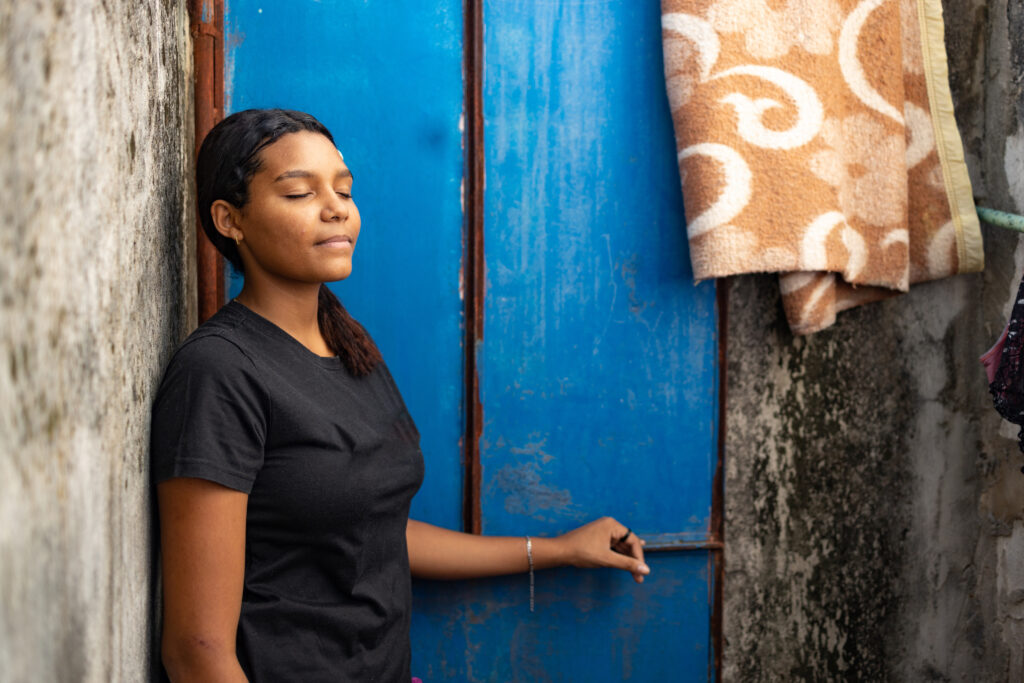
Poverty impacts every part of a child’s well-being. While some effects are physical, such as a gnawing belly from hunger, others are emotional, spiritual and mental. Here, you’ll learn about the connection between poverty and mental health and how Compassion helps the children we serve.
What’s Here:
- Poverty and Mental Health: How Poverty Affects Children
- How Compassion Supports Mental Health in Children
- Cesia: Child Protection Specialist Helping Children in Mexico
Poverty and Mental Health: How Poverty Affects Children
Take a second to imagine this scenario:
You lie on the cold ground with only a threadbare blanket to cover you. The only thing between you and the elements is a “roof” made from a tarp and some rope. As you shiver, your belly growls, and you wonder if tomorrow might hold a meal.
Your parents aren’t home, as they’re off working to try and provide for you. You hear a noise outside and shudder, not sure what or who might be close by. You look around and see your siblings sleeping soundly. As the oldest, it’s up to you to protect them.
You close your eyes and try to think of a brighter tomorrow. But all you can think about is your hunger, your fear, your shivering. Tears flow down your cheeks as you wonder, “Will it ever get better than this?”
The Mental Toll of Poverty Impacts a Child’s Entire Life
This scenario is all too common for children living in extreme poverty. These children suffer with overwhelming fear and hopelessness. And the daily desperate struggle for essentials like food and clean water creates persistent stress that hurts their minds and bodies.
In fact, it can impact their entire life. One scientific study found that childhood poverty is linked to deficits in adult memory, greater psychological distress and elevated levels of chronic physiological (body) stress.

The Physical Effects of Poverty Worsen the Mental Effects
Poverty harms children physically, and these effects of poverty can also take a serious mental toll.
For example, poverty increases the likelihood that a child will have a chronic health condition. Malnutrition early in life, common for children living in poverty, is linked to conditions such as diabetes.
In poverty, something as simple as a nutritious meal can be impossible to come by, let alone medical care or insulin. This keeps children sick and unable to attend school or play with friends.
So they’re left isolated, fearing for their future and often without hope of ever feeling better, increasing their mental anguish.
How Compassion Supports Mental Health in Children
At Compassion, we want to see children living in the fullness of life that Jesus promised those who love him (John 10:10). How do we help children living in devastating poverty experience this fullness of life? By caring for each of their needs, including their mental health.
Through the Compassion program, all children receive:
- The hope of the gospel: Hopelessness keeps children from seeing beyond poverty. But by pointing children to Jesus, we introduce them to eternal hope despite their present circumstances. This hope can be life-changing!
- Protection from harm: Children suffering with the mental impacts of poverty face difficult emotions and distress. Compassion trains staff to screen for signs of distress or suicidal ideation so they can step in to provide support and a listening ear. We also teach our staff to look for signs of abuse or exploitation and how to intervene when necessary, protecting children from harm.
- Training on healthy coping mechanisms: Compassion teaches each child healthy coping skills for dealing with the challenges of poverty. These skills help children avoid harmful coping mechanisms that are common in poverty, such as drugs and crime.
- Education: Each child receives an education, empowering them to reach for a brighter future. With goals, dreams and the skills to realize them, children are inspired to move forward instead of allowing poverty to keep them down.
- Community support and love: Children in the Compassion program are surrounded by adults who know, love and protect them. With the support of a loving community, children no longer have to suffer alone. Instead, they have people caring for them, people they can go to whenever they need help.
Compassion also raises awareness in the communities we serve. We train our staff and volunteers on psychological safety in the community, working to remove stigmas around mental health. With more understanding and acceptance, children feel safe to speak up when they’re struggling.
Cesia: Child Protection Specialist Helping Children in Mexico
Around the world, millions of children are suffering through the hopelessness of poverty. They need love and care. That’s why we employ child protection specialists, like Cesia, who work with the local church to support children in need.
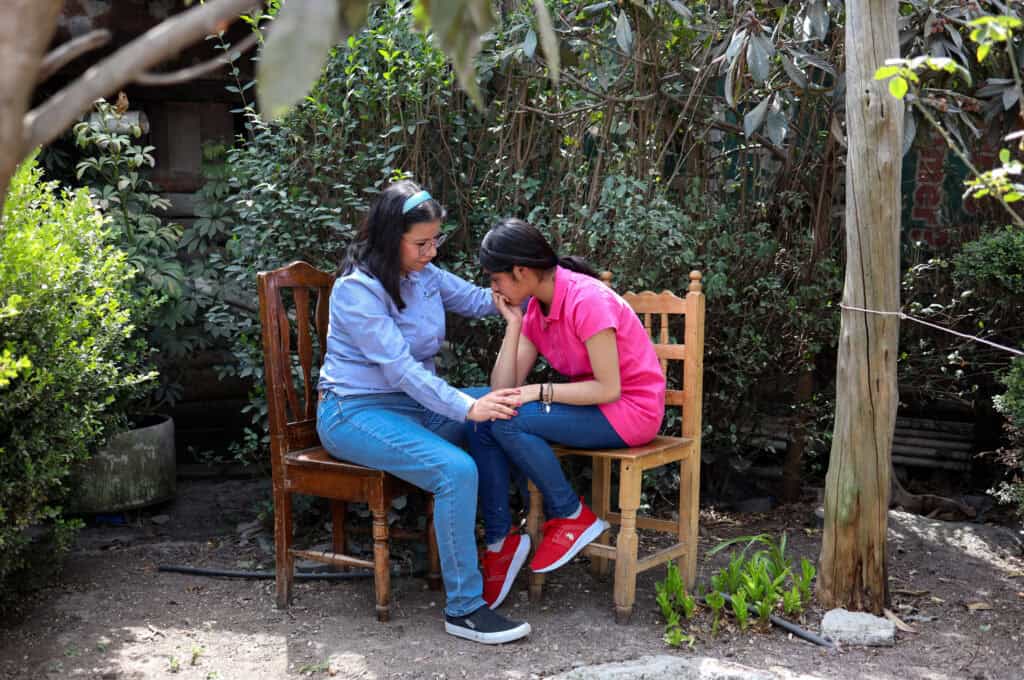
Children and teens in Mexico, a country Compassion proudly serves, face a wide range of mental health struggles.
“If we could list the mental conditions that have presented in children and teens, we would place depression at position number one. Secondly, we can find anxiety, then suicidal thoughts and eating disorders. There are also issues derived from drug use.” — Cesia, child protection specialist for Compassion Mexico
However, people like Cesia are working alongside our church partners to stand in the gap for these children. As a child protection specialist for Compassion, Cesia teaches churches how to prevent abuse, how to care for children after trauma and how to address the mental health of the children in our program.
Through Cesia’s support, Compassion centers in Mexico offer a wide range of care to help children who are suffering.
“Some of the strategies the centers have implemented are family therapy, talks, lectures and marches to raise awareness in the community. Some centers organize youth camps where mental health and emotional management issues are addressed.” — Cesia
Other programs Cesia implements include physical activities that enable children to release adrenaline, anxiety and anger, as well as sessions with psychologists and counselors for children who need their support.
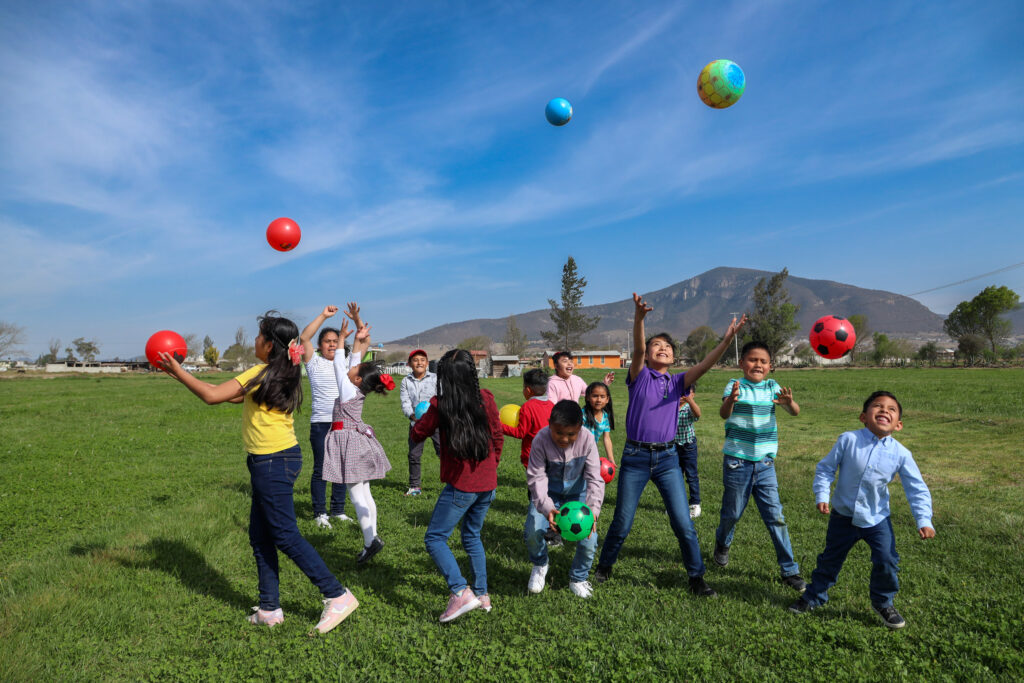
Cesia and our other child protection specialists around the globe are working daily to support children suffering through the devastating impacts of poverty. It’s through their work that we can release children from all forms of poverty — physical, emotional, mental and spiritual — in Jesus’ name.
You can do the same! When you sponsor a child through Compassion, you empower us to help a child overcome the despair of poverty and experience lasting hope.
Learn How Compassion Helps Kids in Need
To release children from poverty, we must care for each child’s mind, body and soul. Learn more about how Compassion cares for children living in poverty.
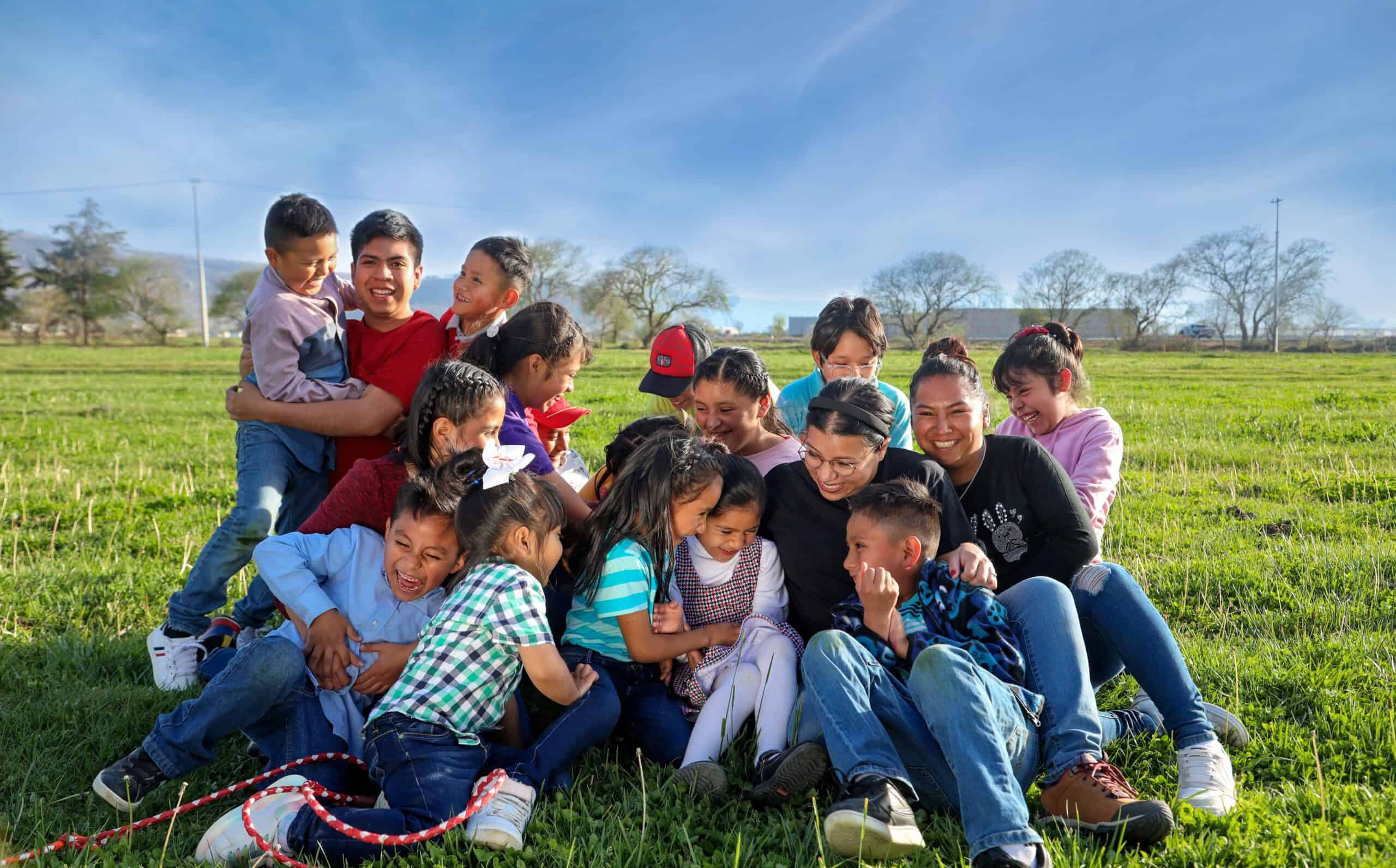




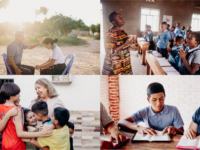


0 Comments |Add a comment